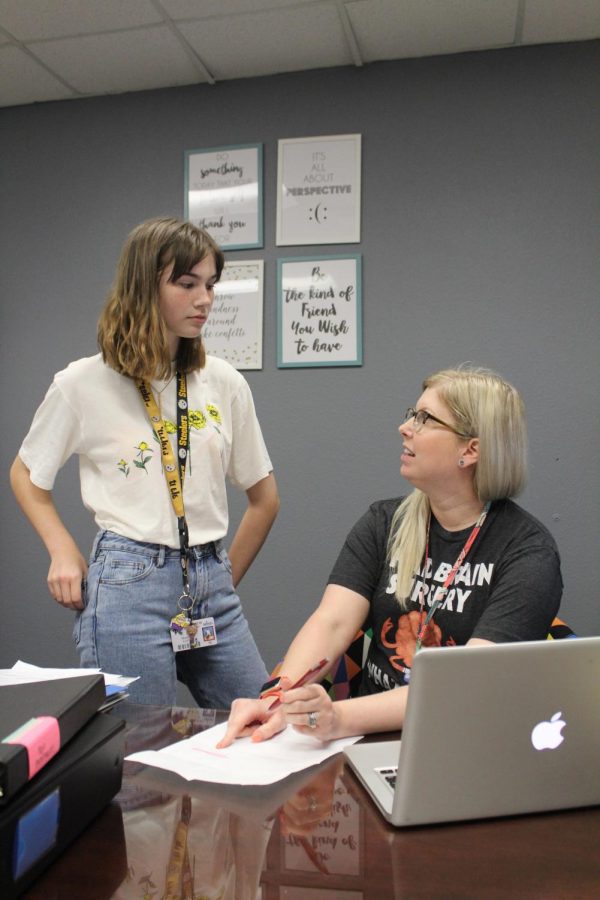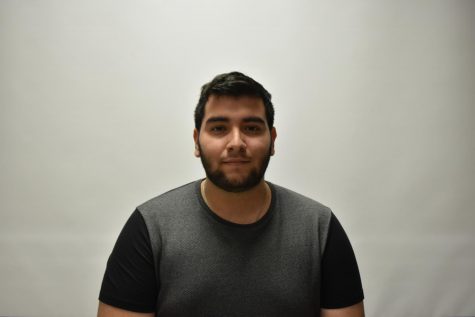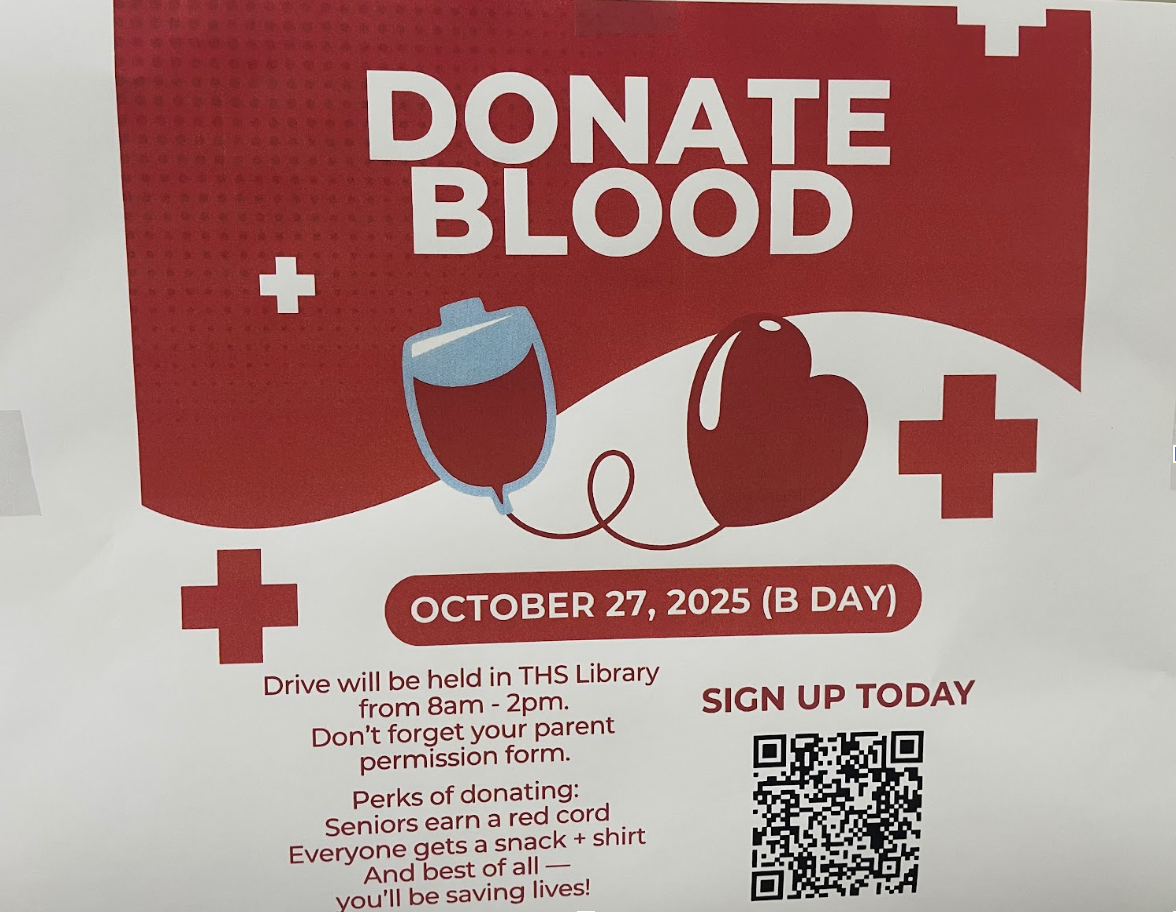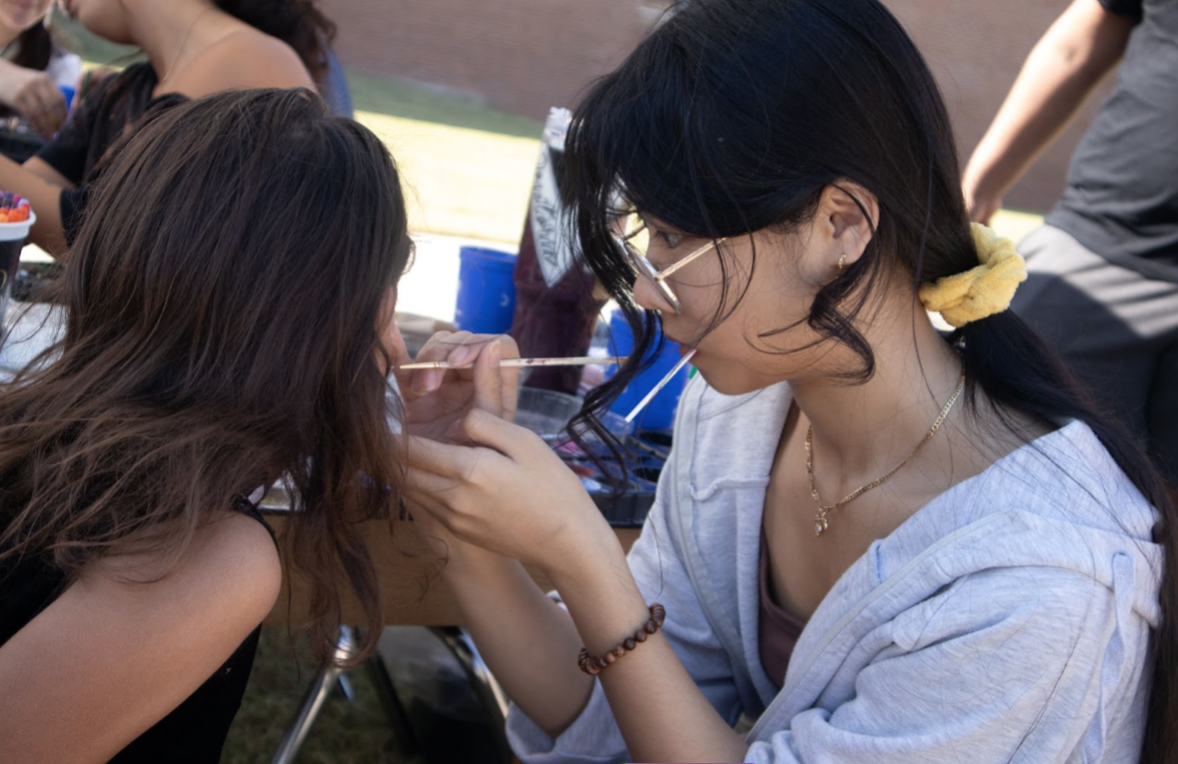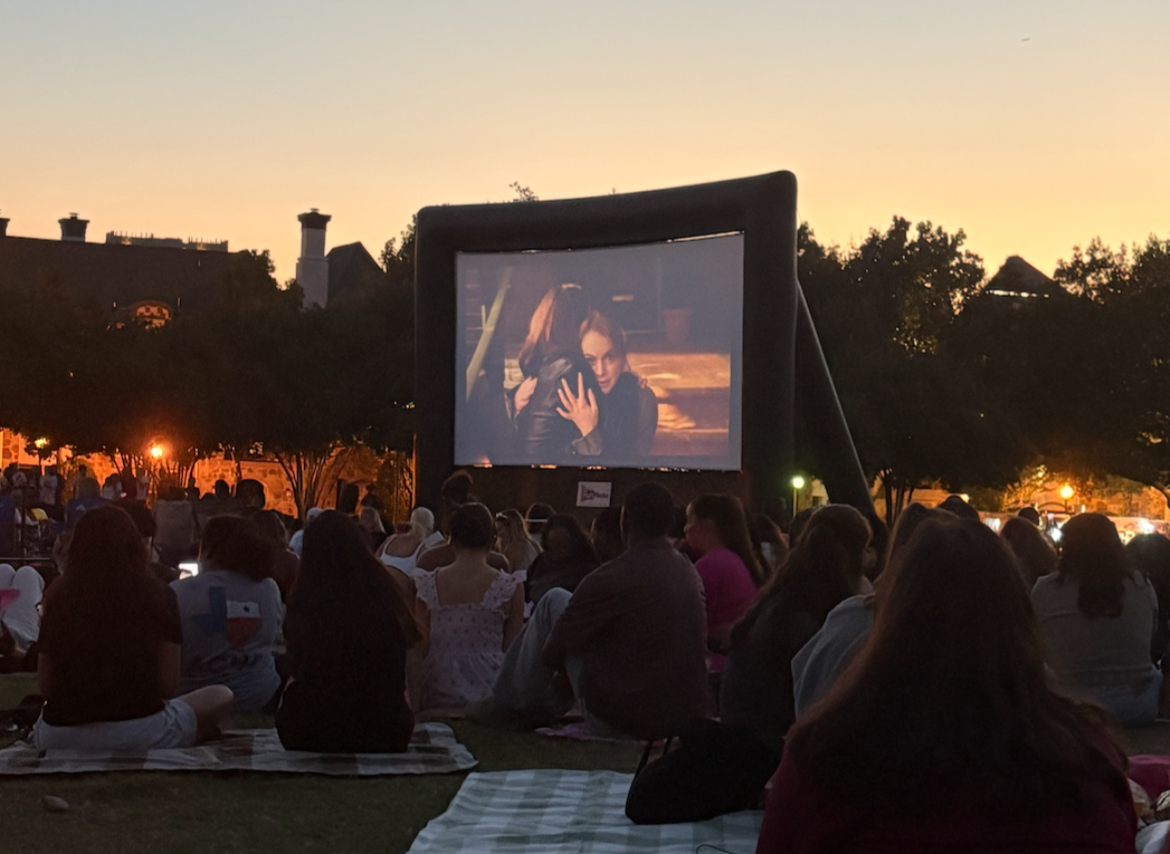Bielinski Beats Brain Tumor
October 30, 2019
As counselor Rebecca Bielinski walks into her office, she sees the huge stack of student schedule change requests and can’t help but feel overwhelmed. With school starting in a week, she has zero energy and is struggling to work as quickly as she can. Although summer has just ended, she didn’t have time to relax.
During the summer, she had a procedure to remove a tumor she had on her pituitary gland for the past 10 years.
“I’m slower at pretty much everything I’m used to doing right now,” Bielinski said. “Because of the steroids, I’ve got quite a bit of swelling and pain but I know I’ve been through the worst of it and each day is better and better.”
The doctor successfully removed the tumor, which was the size of a dime.
“For the surgery, they had to go through my nose to take out my tumor,” she said.
Bielinski was diagnosed with a functioning tumor on her pituitary gland in the center of her brain, shortly after getting married back in 2009.
“I started feeling bad two weeks after my honeymoon,” she said. “I went to the doctor and had blood work done. I remember sitting in a Chick-fil-A whenever he called and gave me the news. I was just in shock.”
Bielinski had given up on finding a solution.
“I had accepted it and told myself that I was going to have this for the rest of my life,” she said. “I’d seen many different neurosurgeons and endocrinologists and they all told me the same thing, it was too dangerous to remove.”
Two years ago, Bielinksi discovered that her tumor had grown.
“Once we learned that my tumor had doubled in size after having a baby, the endocrinologist recommended a trial of double medication and to pursue surgery if the medication failed,” she said.
The medicine didn’t help.
“I’ve been on and off of the medication for the past 10 years which was the only option they had given me,” Bielnski said. “Up until this year, I never knew there was going to be a solution for my condition.”
She scheduled surgery for early in the summer.
“It was comforting to know that the tumor would be completely gone,” Bielinski said. “It was a five-hour surgery. I was in the ICU for two days and had restrictions for four weeks. I came back to work at week five.”
After surgery, she was put on steroids to mimic the production of cortisol until her body learned to produce its own.
“Now I’m Becky with no brain tumor,” she said. “I no longer have a condition. I say this not to boast but truly out of shock and surprise that the Lord has delivered me from something I’ve been burdened with my entire life.”
Principal Derrell Douglas, who has known Bielinski since he hired her for her first job when he was the principal at Coble Middle School, said he often checks up on her.
“I have a very good relationship with her,” he said. “She’s always been very open with me since I first met her. We’ve been pretty close.”
Up until this past summer, very few knew of her condition. However, since the surgery she has been very open.
“I felt like I needed to tell (my students and coworkers) if it got brought up,” Bielinski said. “I’m transparent with them. I have a relationship with them, and if something was going on in their life, I would want to know too.”
Douglas said offering her support was essential.
“When anybody is going through a tough time, I try to put them at ease,” he said. “I’m thankful that she had the procedure done in the summer and seems to be very healthy now. She’s dealt with it for a long time and I’m thankful she’s on her way to a full recovery.”
Bielinski decided to share her story in an effort to encourage others to do the same.
“I met one lady who was just diagnosed with the same tumor as me,” she said. “I’ve been able to help talk her through it. I had nobody who had the same thing as me at the time, so I’m glad I can guide another person through this and aid them.”
The pile of schedule requests is gone. Bielinski finished them on her own accord, and she no longer feels the pain or stress she’s been dealing with for the past decade.
“One thing I’ve learned as an educator is that we don’t know what’s going on in the lives of the people who walk in here,” she said. “It’s taught me perspective that people carry so much that we have no clue about.”



